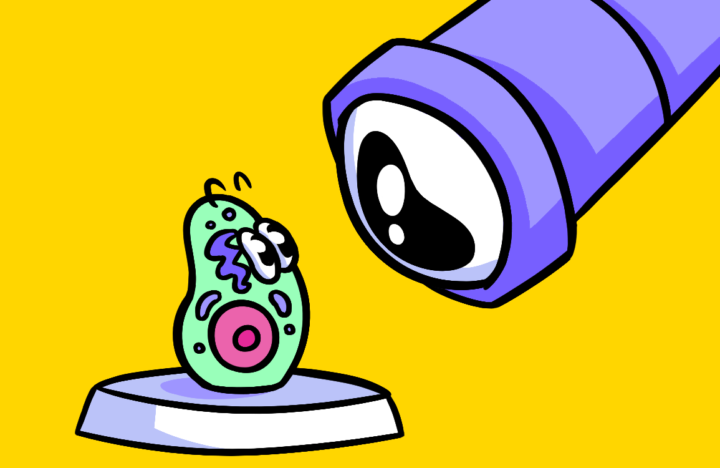Industry Professionals Audience
Research Industry
Audience Description
Participants who work in a role at a company in the research industry. Participants in this industry will likely be skilled in analytical thinking, mathematics, and problem-solving.
The research industry comprises various fields related to the intersection of science, products, and business. Industrial research is defined as deliberate research or critical examination aiming at acquiring new information and skills in order to generate new products, processes, or services, or to improve existing products, processes, or services significantly.
Interesting Participant Qualities
We surveyed our audience of research industry participants to understand what their job requires now and how it could impact others in the future.
68% of participants in the research industry believe it is very important (8 or above) to exercise creativity in their work.
Research Industry Panelist Quotes
“There is no one hat suits all in Research. It takes alot of creativity to develop research instruments and publications that will meet the desired audience”
“though, in research it’s honesty that counts most, sometimes it takes creative word magic to get your answers heard.”
“Research calls for you to adapt and change with the ebs and flows of society to produce the greatest outcomes.”
“Creativity becomes very important in answering basic questions which do not have any standardized protocols. Also, one may not have all the required technologies available to conduct a research but creativity helps to improvise”
Common Research Industry Roles
These common audiences are made up of participants who hold job titles and roles in the research industry. Each of these professionals can be targeted individually, or roles can be combined to create larger audiences.
- Chemist – chemicals, chemical compounds, and chemical processes are used by R&D scientists to develop new goods and innovations. Many diverse businesses, such as petroleum and oil extraction, information technology, manufacturing, medicines, and agriculture, have R&D roles available. Some chemists concentrate on the design and testing phases of research and development programs.
- Physicist – in industry, a physicist might spend the majority of his or her time working on a project as part of a team, with specified project goals to achieve – like searching through literature and patents for supporting data. Or they might work individually to find explanations for unexpected phenomena using an experimental approach grounded in physics, and then recommending potential solutions.
- Engineer – conducts a variety of experiments and activities using research ideas, principles, and models. R&D engineers not only develop new products, but they also remodel old ones. They may specialize in a certain technological or industrial field like software development for mobile devices or robotics engineering.
- Research assistant – works closely with chemists, engineers, physicists, psychologists or other team members in field and laboratory work. They prepare technical reports, summaries and protocols, and support specifications for product development and manufacturing. Creating and validating analytical quality control while troubleshooting device systems and procedural systems are normal tasks as well as maintaining laboratory space compliance to safety rules.
- Section manager – conducts the management of research and development projects by overseeing the staff in their programs and activities, auditing for compliance, and ensuring proper operational functions at the project level. Normally reports to the director of research while providing leadership to R&D coordinators.
- Research specialist – data is collected, sorted, and analyzed by research specialists. They plan, execute, and evaluate research projects and conduct product development laboratory experiments. Typically, industry sectors needing research and development specialists include healthcare, technology, business, and pharmaceuticals, where their responsibilities vary by firm but generally involves overseeing the full development process of new programs and products.
- Laboratory technician – primarily members of the support staff. They frequently assist in ensuring that all of the necessary components are present for researchers to execute their studies. Making buffers, reagents, and other comparable procedures may be involved. Some lab technician positions allow you to participate in studies and research.
- Research director – within their divisions or departments, directors plan, oversee, and direct R&D operations. They are frequently involved in the development of the company’s operational policies and strategies. As leaders, they must ensure that the R&D workforce behind them has the necessary training and supervision to accomplish their tasks effectively and advance their research.













